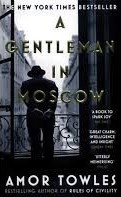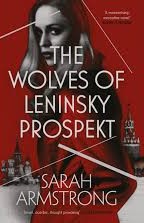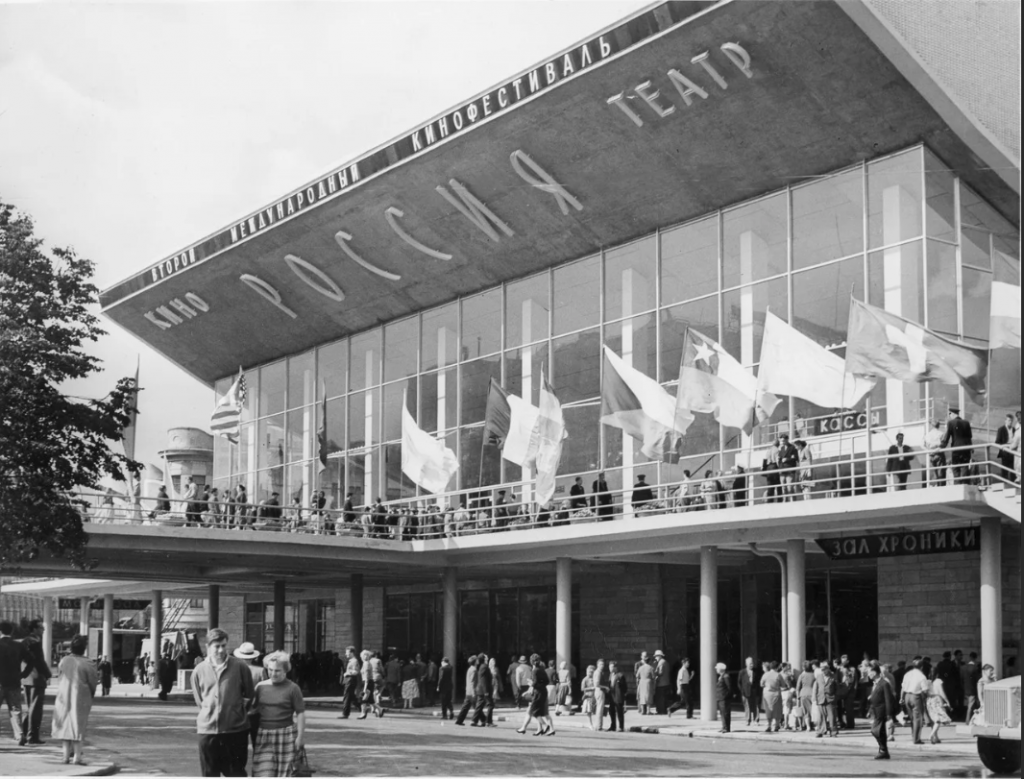Part two of this review is here.
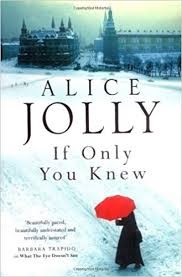
If Only You Knew is Alice Jolly’s second book and her only foray into Russia as a setting. Specifically, the setting is Moscow in the year in which the Soviet Union disappeared and an independent Russia re-emerged.
The story starts in November 1990, as the novel’s first person narrator, Eva, arrives in Moscow to live with her partner, Rob, who works in democracy promotion.
The turmoil of Russia’s politics during the 13 months in which If Only You Knew takes place forms the backdrop to the emotional turmoil in Eva’s life, which is the focus of this story.
Eva’s partner Rob is a long-term family friend from earliest childhood; to be precise, they are related as he is the son of her father’s cousin.
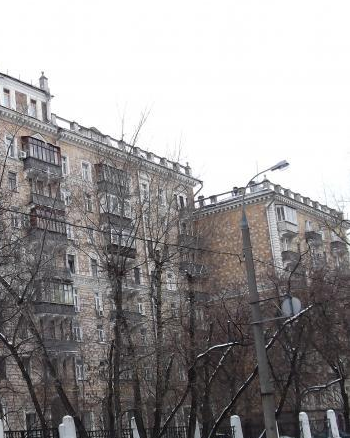
Their relationship as a couple, on the other hand, is of more recent vintage and their cohabitation in an apartment on Ulitsa Pravdy, near Belorusskaya station, is the first time that they have lived together.
Even this is something that they have drifted into, resulting from a muddled conversation when they had last been together, and a vague sense of listlessness on the part of Eva.
(The character Eva is in some ways similar to Martha in Sarah Armstrong’s The Wolves of Leninsky Prospekt (2019). Martha likewise goes to live in Moscow because her husband, an old friend to whom she is not really committed, works there, and she —a recent graduate— just wants to do something more interesting than hang around in her parents’ home in England.)
Within days of arriving in Moscow, Eva and Rob are at a party on Kutuzovsky Prospekt, where it turns out that the hostess is a flamboyant older woman, by the name of Maya, who was a part of the young couple’s childhood back in England, when she was close to Eva’s father.
Eva was six when her father left the family home, never again to be in touch with his daughter. The pain of this long-buried loss comes to the fore, perhaps prompted by this meeting with Maya, and certainly fuelled by the second significant figure that Eva meets at that pivotal party in Moscow. He is a mysterious elderly —actually terminally ill— American, with the unlikely name of Jack Flame.
Eva forms a close bond with Jack Flame which frames the novel, as its central character seeks the truth about her father amidst conflicting advice from those close to her.
The short summary above, whilst providing a concise account of the novel’s characters and plot, does not do justice to what is a beautifully written and slow-burning story on the grand themes of love, family, and death. In some sense, the Moscow setting is incidental and the story could have played out almost anywhere.
So why Moscow? And, in particular, why Moscow in 1990 and 1991? As in Amor Towles’s masterly A Gentleman in Moscow (2016), Russia’s huge and powerful capital city —its mood reflecting the historically significant events unfolding there— is itself a character in the story.
Whilst not overtly stated, the patterns of the social and political turmoil in Moscow as the Soviet state collapses mirror the themes of If Only You Knew. Like Jack Flame, the once vibrant Union of Soviet Socialist Republics is dying. No one is sure what will happen next, but there is no shortage of dreams. In the meantime, the uncertainty brings pain and a strong sense of loss.
As with most of these reviews, the focus here is on Russia in the fiction. Having myself lived in Moscow for extended periods around this time, I have no trouble imagining that Alice Jolly draws on first-hand experience in her writing. She gives a real sense of a city on the turn. In the early chapters, in November 1990, Moscow is a city with
no neon, no advertisements, hardly any cars. Most people find the silence of the city chilling but I enjoy it.
If only you knew, p.5
But within the few momentous months of the story’s unfolding
Around us, Moscow was changing. We heard more Western voices on the streets. The new joint-venture hotels were full of businessmen. Advertising hoardings sprang up everywhere. Prostitution became more public. Porn magazines and pirated videos started to be sold in the Metro and underground walkways. Cars with smoked-glass windows rolled idly by. Strip clubs were opening and cinemas showing bad Western films. While most people continue to earn the equivalent of one hundred dollars a month, some can afford to spend two hundred dollars on one bottle of French champagne. Rob said that democracy was becoming nothing more than a theatrical performance designed to mask the emergence of a gangster society.
if only you knew, pp. 223-224
Moscow was changing, advertising hoardings sprang up everywhere, cars with smoked-glass windows rolled idly by, and cinemas were showing bad Western films.
Part two of this review is here.
